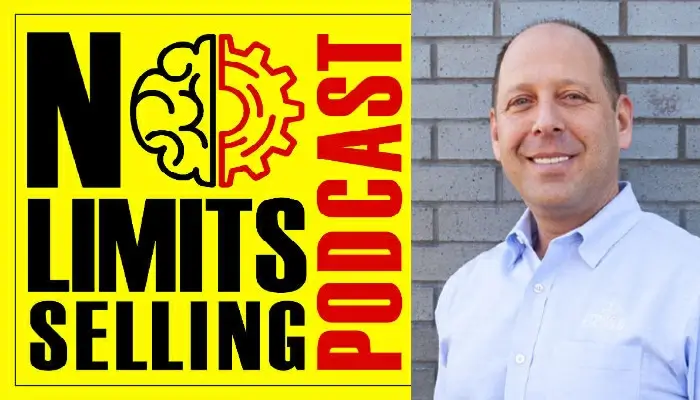How To Reach Higher Levels of Success by Keith Miller
Keith oversees all company operations from the ground up, His hands-on approach and motivational leadership have been key elements that have contributed to the company’s success. Keith two main areas of focus are company strategy and maintaining and continually improving Strategic Factory's culture.
If there's one thing we've learned over the years, it's that no amount of technology can replace the human touch. That's why we hire only the most qualified individuals to serve on our team. We look for people that share our philosophy that your business is our business. Our goal is help others how to reach higher levels of success.
Our team of diversely skilled professionals continually push themselves to learn and evolve so that we may help you conquer each new challenge on the road to success. Every person on our staff is committed to providing you with the best possible customer service and the highest-quality products. This commitment is reflected in everything we do.
Podcast Highlights:
- Always say YES! It's not rocket science we'll figure out how to make it happen
- You and your employees must believe anything is possible
- Every morning our employees highlight a story of another employee going above and beyond
- Build strong relationships because this is the pathway on how to reach higher levels of success

Contact Keith:
- Website
[EDITOR’S NOTE: This podcast is sponsored by No Limits Selling. It is a fun, fast-paced podcast that delivers hard-fought business advice that you can implement today to improve your sales and performance]
Interested In Our Real Estate Coaching Services? Explore Our Website: Link
Feeling Not Well Today? You Can Use Our Mindset Boosters App To amp Up Your Mood: Link
Find us on Social Media:
LinkedIn | Facebook community | Instagram
Like what do you listen to? Subscribe to our podcast!
Ready to become fearless? We can help you become fearless in 60 days so you accomplish more in your career Schedule A 15 min Call with Umar
Summary
Introduction
In a riveting podcast episode, Umar Hameed, the host of No Limits Selling, engages in a thought-provoking conversation with Keith Miller, a renowned business coach and author. The discussion delves into the power of mindset in achieving success and overcoming obstacles in both personal and professional life.
The Importance of Mindset
Miller emphasizes the significance of mindset in shaping our lives. He argues that our beliefs and attitudes can either propel us forward or hold us back. He shares that the most successful people he has worked with are those who have a growth mindset, a concept popularized by psychologist Carol Dweck. These individuals view challenges as opportunities for growth rather than as insurmountable obstacles.
How To Reach Higher Levels of Success
The conversation then shifts to the topic of limiting beliefs. Miller explains that these are deeply ingrained beliefs that limit our potential and hinder our progress. He shares practical strategies for identifying and overcoming these self-imposed barriers. One such strategy is to challenge these beliefs by seeking evidence to the contrary.
The Role of Coaching
Miller, a seasoned coach himself, underscores the value of coaching in personal and professional development. He asserts that a good coach can provide the necessary guidance and support to help individuals navigate their journey towards success. He also discusses the importance of finding a coach who is a good fit, emphasizing that the relationship between a coach and a coachee is a crucial factor in the coaching process.
Conclusion
In conclusion, the podcast offers valuable insights into the power of mindset and the role of coaching in achieving success. It serves as a reminder that our beliefs and attitudes can significantly impact our lives, and that with the right mindset and guidance, we can overcome our limiting beliefs and reach our full potential.
This enlightening conversation between Umar Hameed and Keith Miller is a must-listen for anyone seeking to understand the power of mindset and the value of coaching in personal and professional development.
Questions & Answers
Who is Keith Miller?
What is the main topic of the podcast?
What are limiting beliefs?
How can one overcome limiting beliefs?
What is the role of a coach in personal and professional development?
How important is the relationship between a coach and a coachee?
Who is the host of the No Limits Selling podcast?
Don’t miss this opportunity to transform your real estate career with one-on-one coaching. As an experienced real estate coach, I, Umar Hameed, am dedicated to helping you unlock your full potential and achieve your real estate goals. To learn more about who am I and my clients ↓
If you’re ready to take the next step, book an appointment with me today and begin your journey toward success in the real estate industry.
